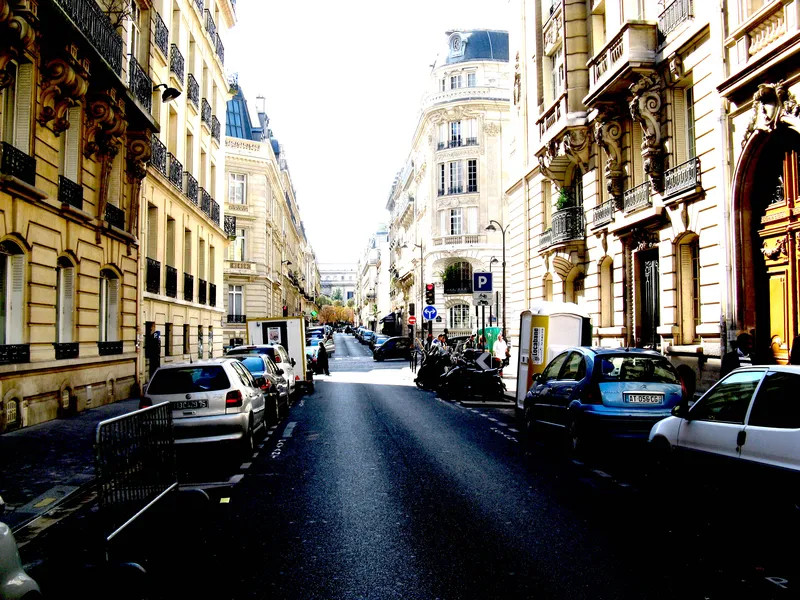The tax is designed to regulate companies to limit their presence and minimise impact on public space.
Licences are obligatory and non-transferable for vehicles, valid for three years, with the option of an additional year. They will be regulated through a ‘decree’ which is expected to be finished by the end of March.
A second decree will regulate parking facilities to ensure private bike users have enough places in the city. These will be marked in purple.
According to the council, these regulations will allow the issue of 2,650 licences for bikes and 4,639 licences for mopeds, which could potentially double the city’s existing fleet.
Requisites for obtaining licences include:
• Vehicles must be used once they are issued with licences
• Push bikes, electric bikes and electric mopeds must all meet municipal sustainability criteria
• All vehicles must include geo-localisation systems
• Faulty or damaged vehicles must be removed within 24 hours
• Municipal access to data on the use of the system in real time
• All mopeds must be parked according to municipal regulations set out in the by-law on the circulation of pedestrians and vehicles
Barcelona council introduces tax for bike and moped sharing services
Barcelona City Council has approved a tax which will require bike and moped shared services to pay €75 per vehicle per year to operate.
The tax is designed to regulate companies to limit their presence and minimise impact on public space.
Licences are obligatory and non-transferable for vehicles, valid for three years, with the option of an additional year. They will be regulated through a ‘decree’ which is expected to be finished by the end of March.
A second decree will regulate parking facilities to
March 1, 2019
Read time: 2 mins









